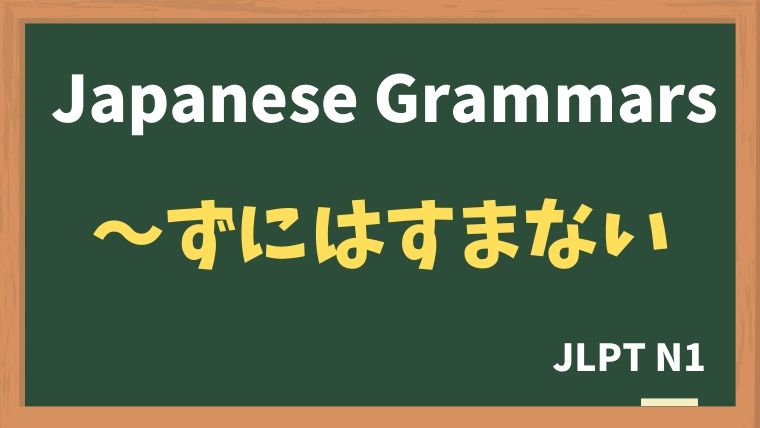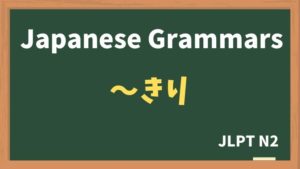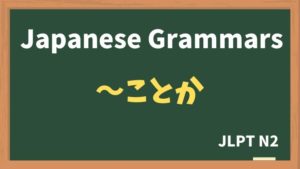
Explanation:〜ずにはすまない / 〜ないではすまない
fa-check-circleMeaning
"〜ないでは許されない / 必ず〜しなければならない"
"must [do something] / It is necessary to [do something]"
Used to convey that, given the circumstances or social norms, one is obligated or required to perform a certain action. It implies that failing to do so would be unacceptable.
fa-check-circleForm
V(nai form)ない + ずには済まない ※「する」は「せずには済まない」となる。
V(nai form)+ では済まない
fa-check-circlePoints
- Sense of Obligation: These expressions convey that someone must do something; it's an obligation or a necessary action.
- Emotional/Norm-Based Pressure: They often reflect societal or moral pressure to act.
- Formal/Polite Tone: These expressions are typically used in formal or written contexts and are suitable for polite conversations.
fa-check-circleJLPT Level
N1
Sample sentenes
友達に借りたカメラを壊してしまったので、弁償せずには済まない。
Since I broke the camera I borrowed from a friend, I must compensate for it.
お店の商品を壊してしまったので、弁償せずは済まない。
Since I broke the store's product, I must compensate for it.
私のために開いてくれたパーティーなので、参加せずには済まないだろう。
Since a party was thrown for me, I will probably have to attend.
冗談のつもりだったが、ひどく彼を傷つけてしまったのなら謝らずには済まないだろう。
Although it was meant as a joke, if I severely hurt him, I will have to apologize.
Vocabulary
| Japanese |
English | |
| 弁償する | べんしょうする | to pay for / to reimburse |






